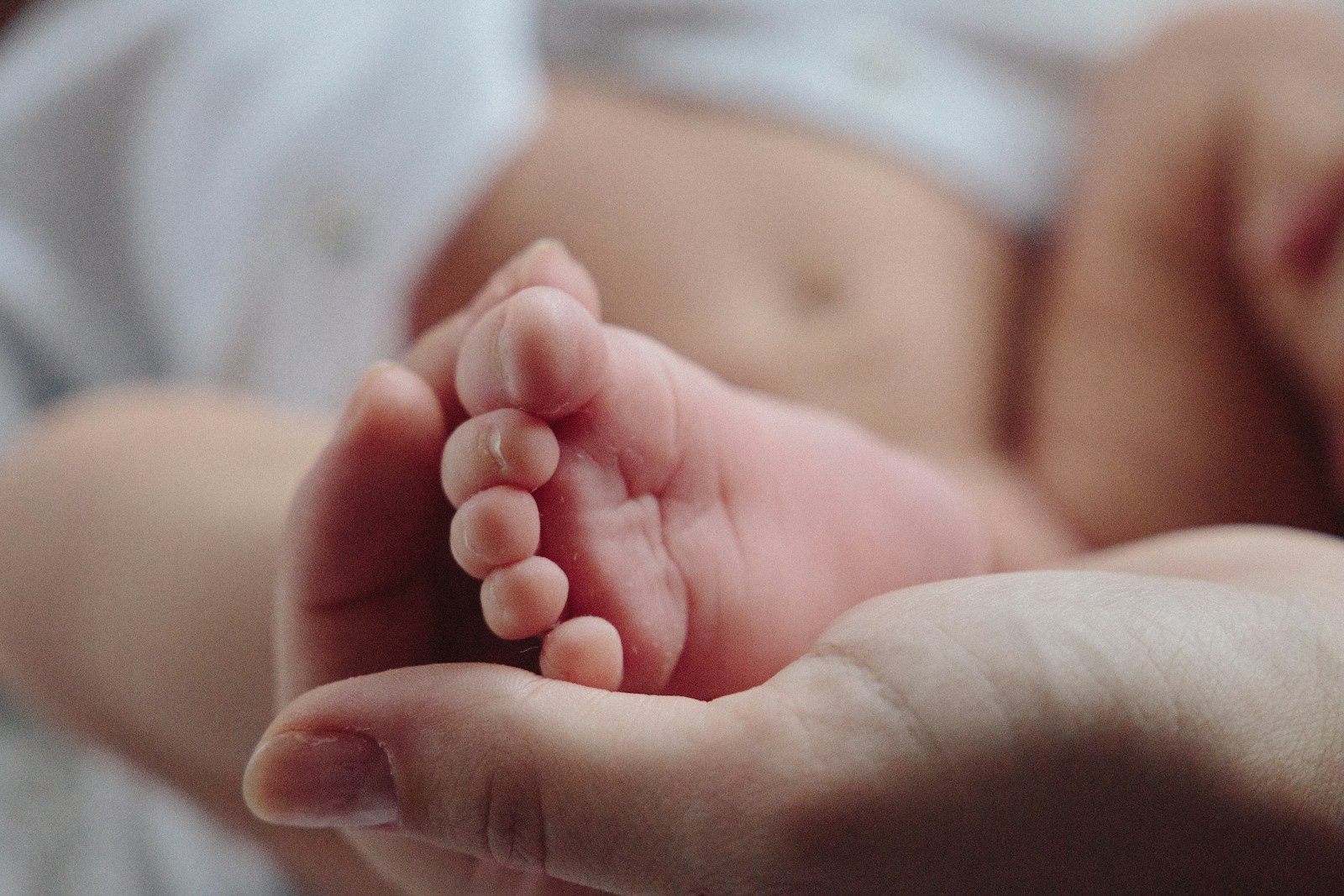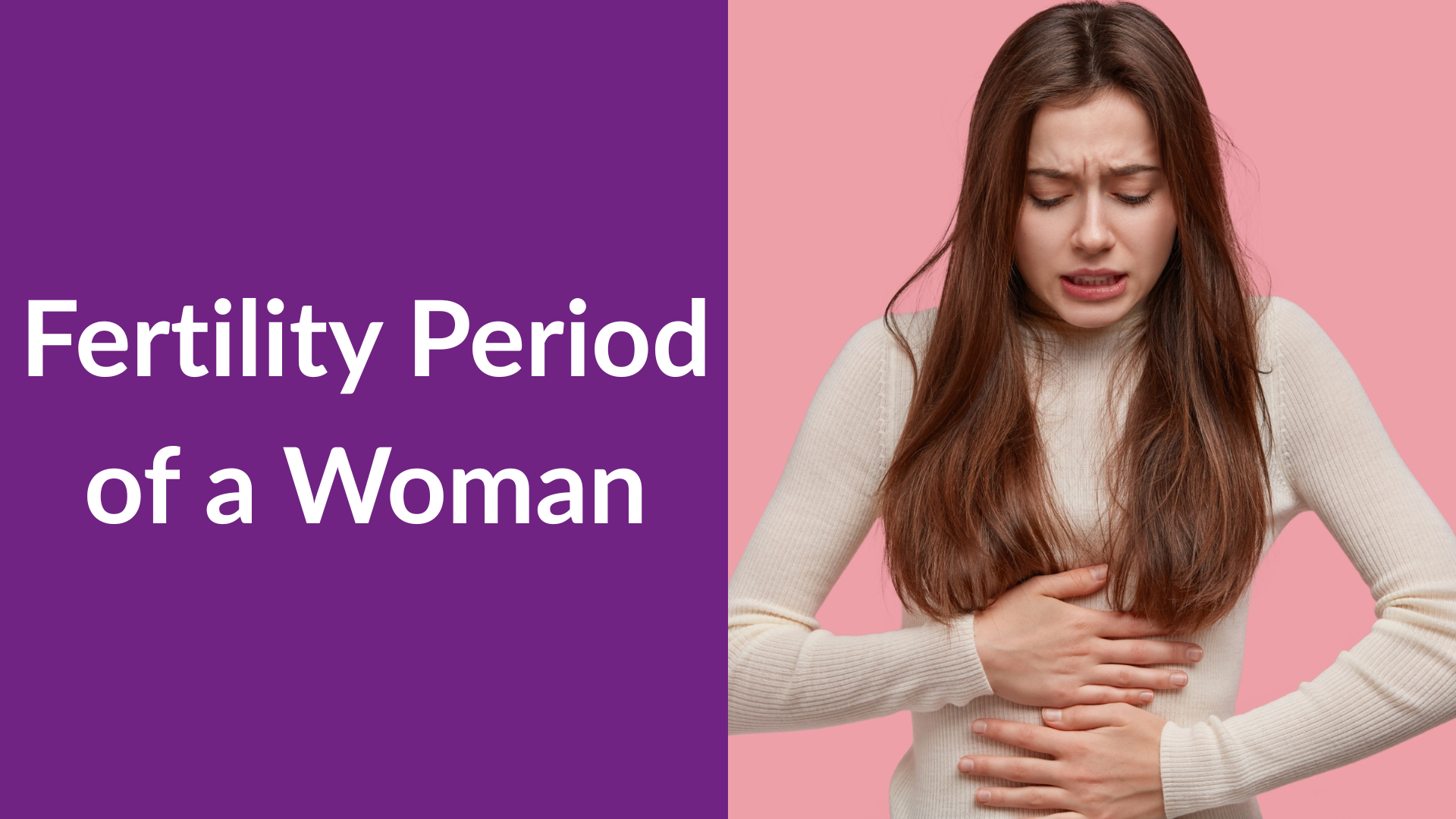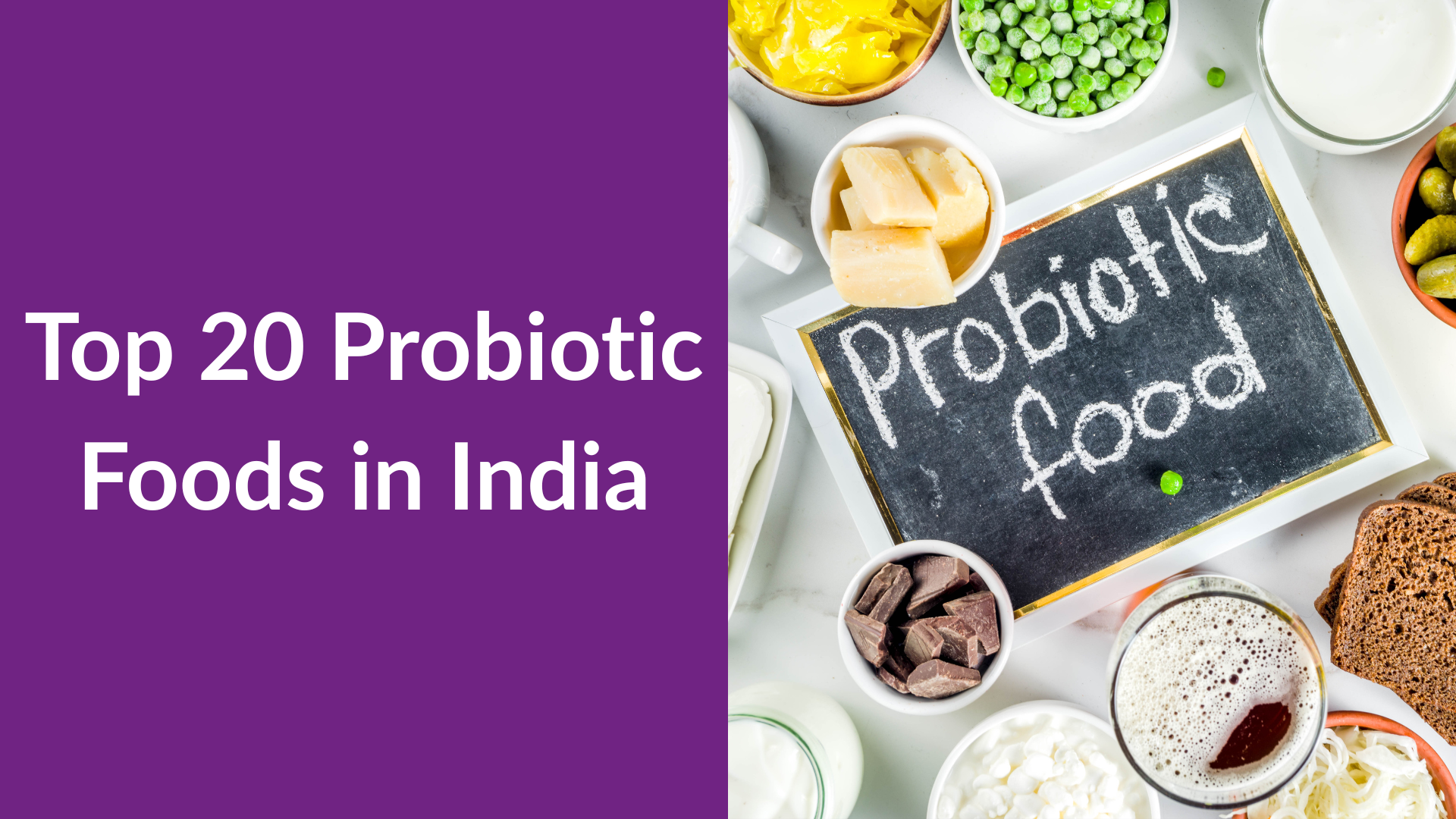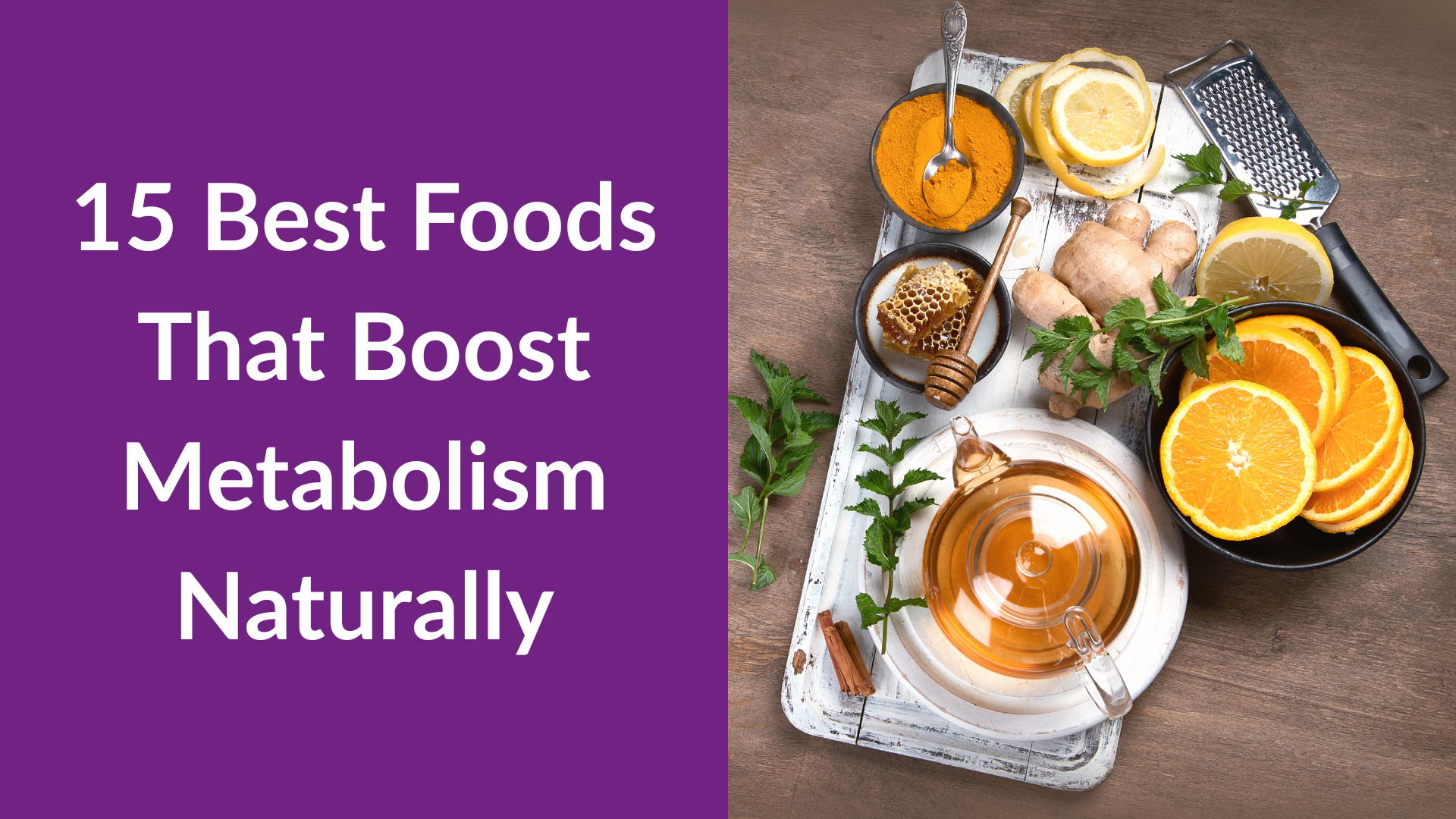Understanding the fertility period of a woman is essential for anyone trying to conceive or avoid pregnancy naturally. Yet, confusion around ovulation, cycle tracking, and fertile windows still prevails. This guide cuts through the noise and explains when a woman is most likely to get pregnant, how to track ovulation, and the role of fertility health.
What Is the Fertility Period of a Woman?
The fertility period, or fertile window, always refer to the days when a woman’s menstrual cycle has the highest chance of conceiving. This typically includes:
- Five days before ovulation
- The day of ovulation itself
During this window, sperm can survive inside the female body for up to 5 days, while the released egg is viable for 12 to 24 hours. For pregnancy to occur, sperm must meet the egg during this window.
Understanding the Menstrual Cycle


A typical menstrual cycle lasts 28 days, though it can range between 21 to 35 days in healthy women. The phases include:
- Menstruation (Days 1–5): Shedding of the uterine lining.
- Follicular Phase (Days 1–13): Hormonal changes prepare the body to release an egg.
- Ovulation (Day 14 in a 28-day cycle): The ovary releases an egg.
- Luteal Phase (Days 15–28): Prepares the uterus for pregnancy or triggers menstruation if fertilization doesn’t occur.
How to Calculate the Fertile Window?
For a 28-Day Cycle:
- Ovulation typically occurs on Day 14
- Fertile window = Days 9 to 14
General Rule:
- Count 14 days backward from your next expected period (that may be the ovulation day).
- Fertile window = Ovulation day + 5 days before it.
Example for Various Cycle Lengths
| Cycle Length | Estimated Ovulation | Fertile Window |
| 26 Days | Day 12 | Days 7–12 |
| 28 Days | Day 14 | Days 9–14 |
| 32 Days | Day 18 | Days 13–18 |
Signs You’re in Your Fertile Period
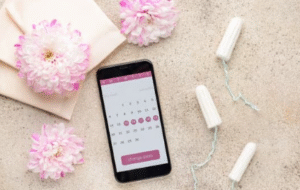

Recognizing ovulation signs can improve timing for conception:
- Change in cervical mucus: Becomes clear, stretchy, like egg whites
- Increased basal body temperature: Slight rise post-ovulation
- Ovulation pain (mittelschmerz): Mild cramps near one ovary
- Breast tenderness
- Increased libido
- Heightened sense of smell or taste
Tools to Predict Ovulation
- Ovulation Predictor Kits (OPKs): Detect LH surge in urine.
- Basal Body Temperature (BBT): Requires daily morning tracking.
- Fertility Apps: Use algorithms to estimate fertile windows.
- Cervical Mucus Tracking: Observing texture and consistency.
Using multiple methods together offers higher accuracy.
How Likely Are You to Conceive Each Day?
| Day Before Ovulation | Chance of Pregnancy |
| 5 Days Before | ~10% |
| 2 Days Before | ~30% |
| Day of Ovulation | ~33% |
| 1 Day After | ~0% |
Timing sex during the 3 days before ovulation offers the best chance to conceive.
Fertility Awareness & Ovulation Tracking in India
![]()
![]()
In India, awareness around fertility health is growing, but many women still lack access to proper education, tools, or support for tracking their fertile window.
Challenges Indian Women Face
- Cultural stigma around reproductive health
- Limited access and lack of education
- Reluctance to use fertility tracking tools
Solutions and Tips
- Use free fertility apps (like My Calendar, Clue, or Maya – popular in India)
- Purchase low-cost OPKs from local pharmacies or online platforms
- Consult gynecologists who specialize in fertility awareness
- Focus on nutrition, mental health, and lifestyle changes (weight, exercise, sleep)
Government Support
- Programs under National Health Mission (NHM) aim to increase awareness around menstrual health.
- Ayushman Bharat and private insurance now include some fertility-related consultations.
If you’re trying to conceive or avoid pregnancy naturally in India, understanding your fertile window is crucial and increasingly supported by tech and medical outreach programs.
Tips to Boost Fertility Naturally
- Maintain a healthy BMI
- Eat a folic acid and iron rich balanced diet
- Exercise regularly
- Limit alcohol, smoking, and caffeine
- Manage stress through yoga, meditation, or counseling
- Get checked for conditions like PCOS, thyroid imbalance, or endometriosis
When to Seek Medical Advice?
See a doctor if:
- You are under 35 and trying to concieve for 12 months
- You are over 35 and trying for 6 months
- Your cycles are irregular or absent
- You have a history of pelvic infections, miscarriages, or hormonal issues
Men should also undergo fertility testing—about 40–50% of infertility cases involve male factors.
Conclusion
The fertility period of a woman is a small but powerful window of opportunity that can unlock the path to parenthood. Whether you’re planning a family or aiming for natural contraception, knowing your ovulation timing, fertile signs, and body rhythms can help you make empowered decisions.
Especially in regions like India, where conversations around fertility are gaining ground, combining traditional wisdom with modern tools offers the best of both worlds.
